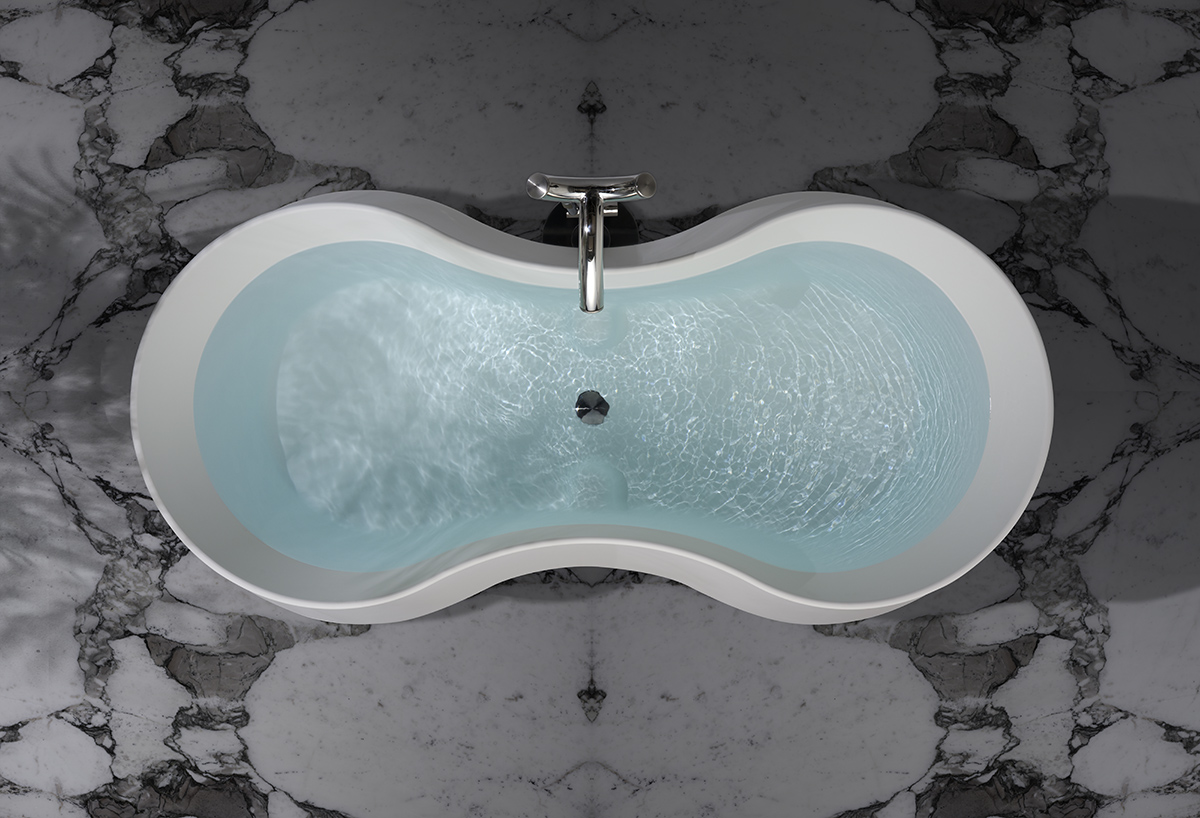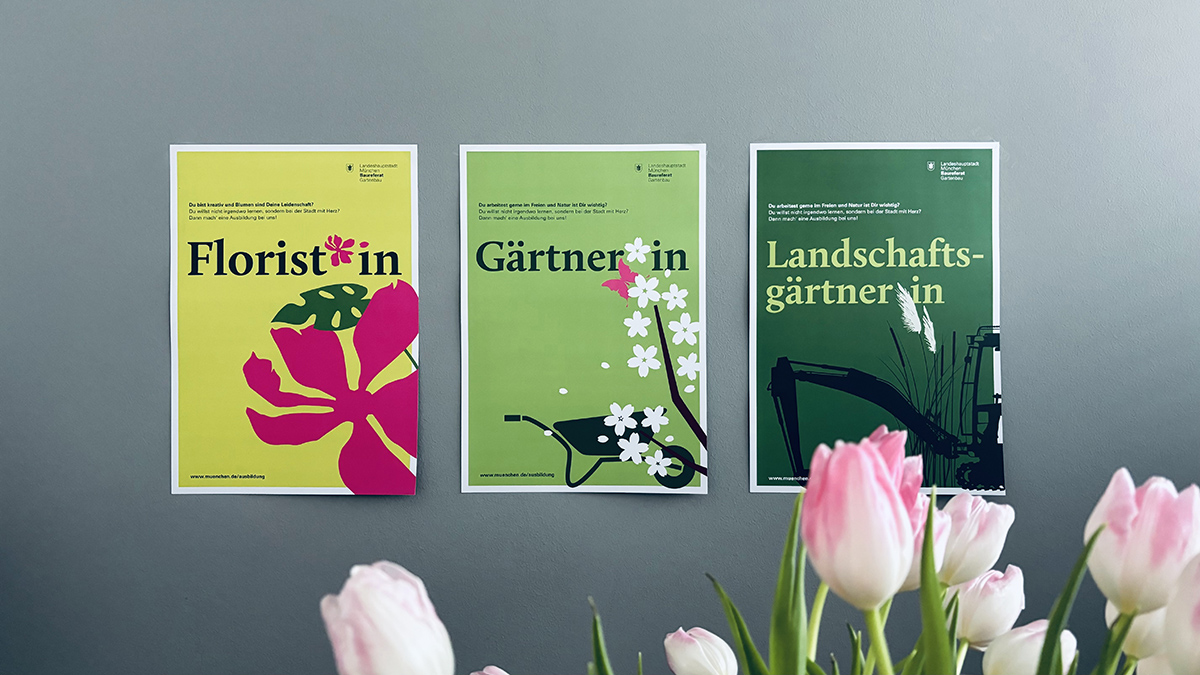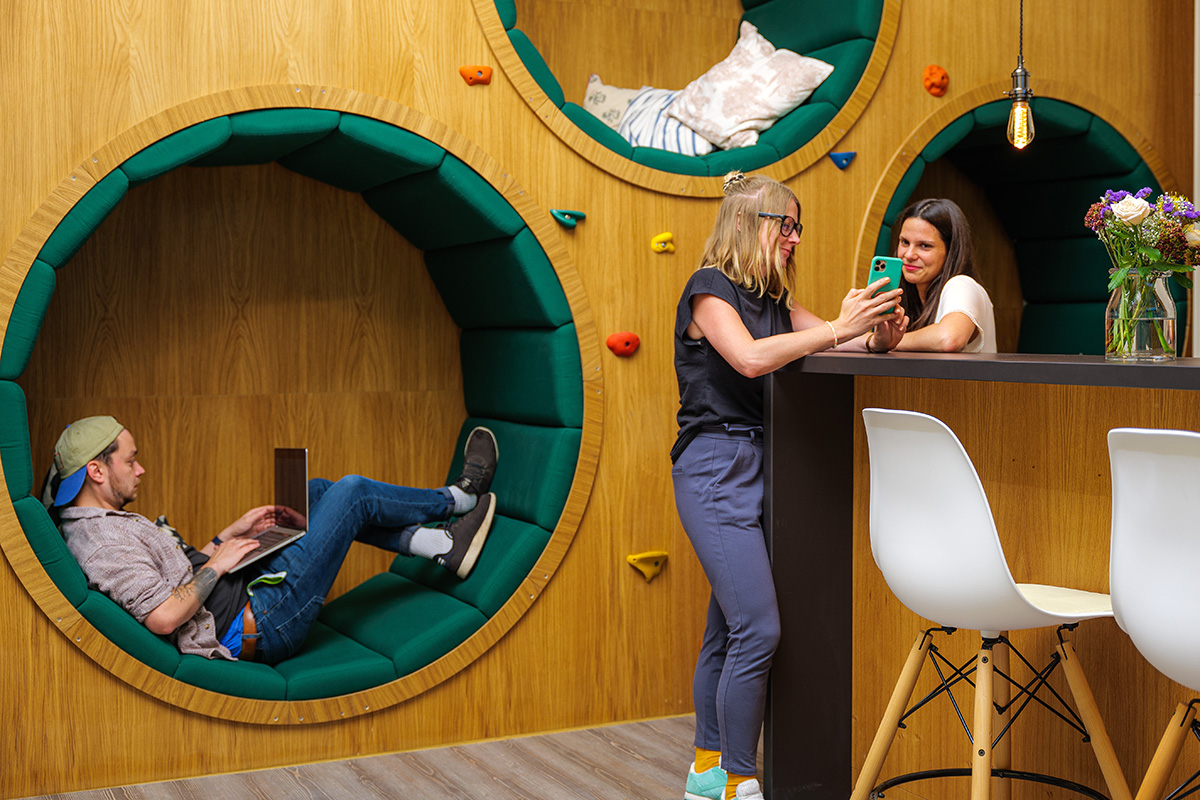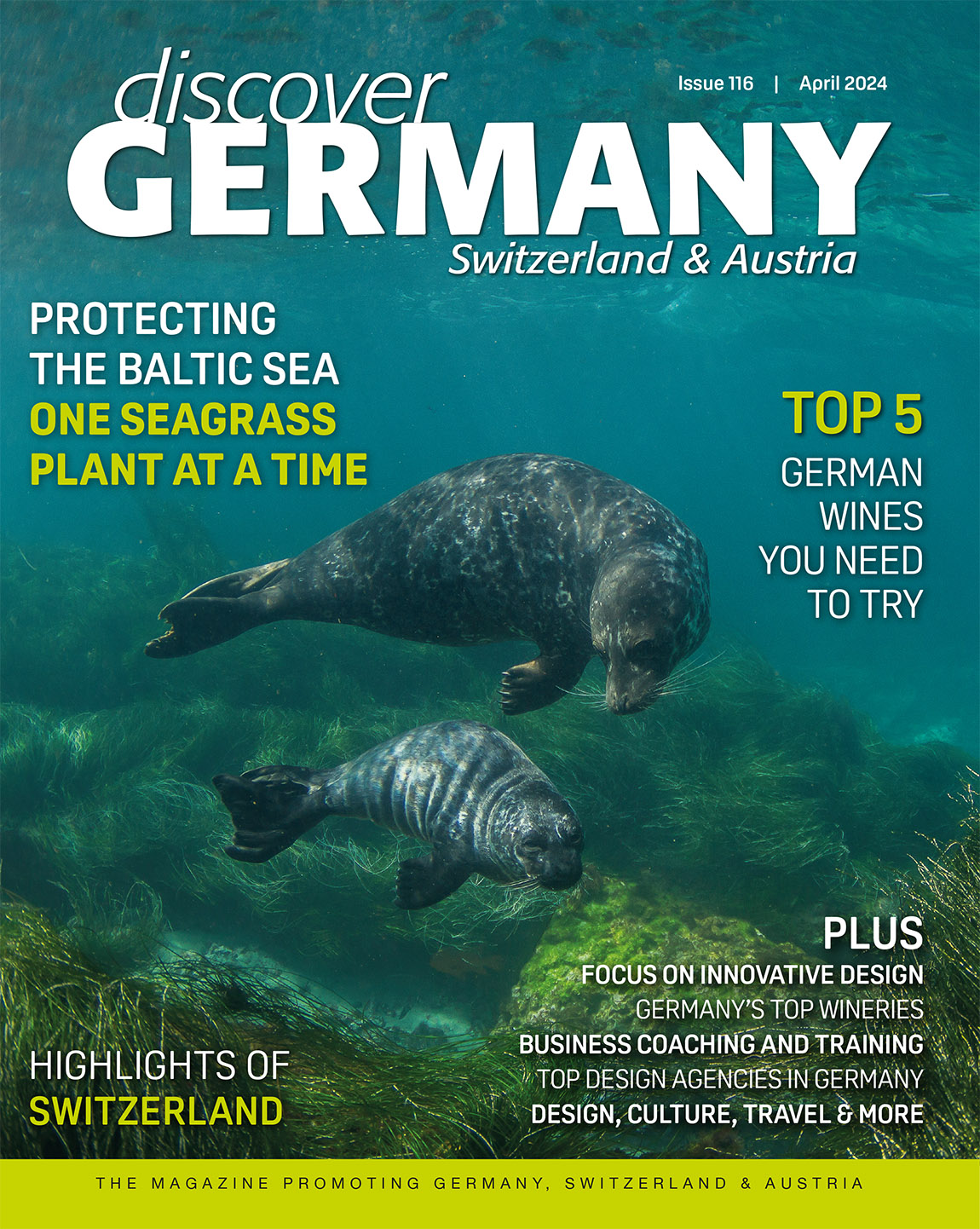Judith Holofernes – Causing chaos
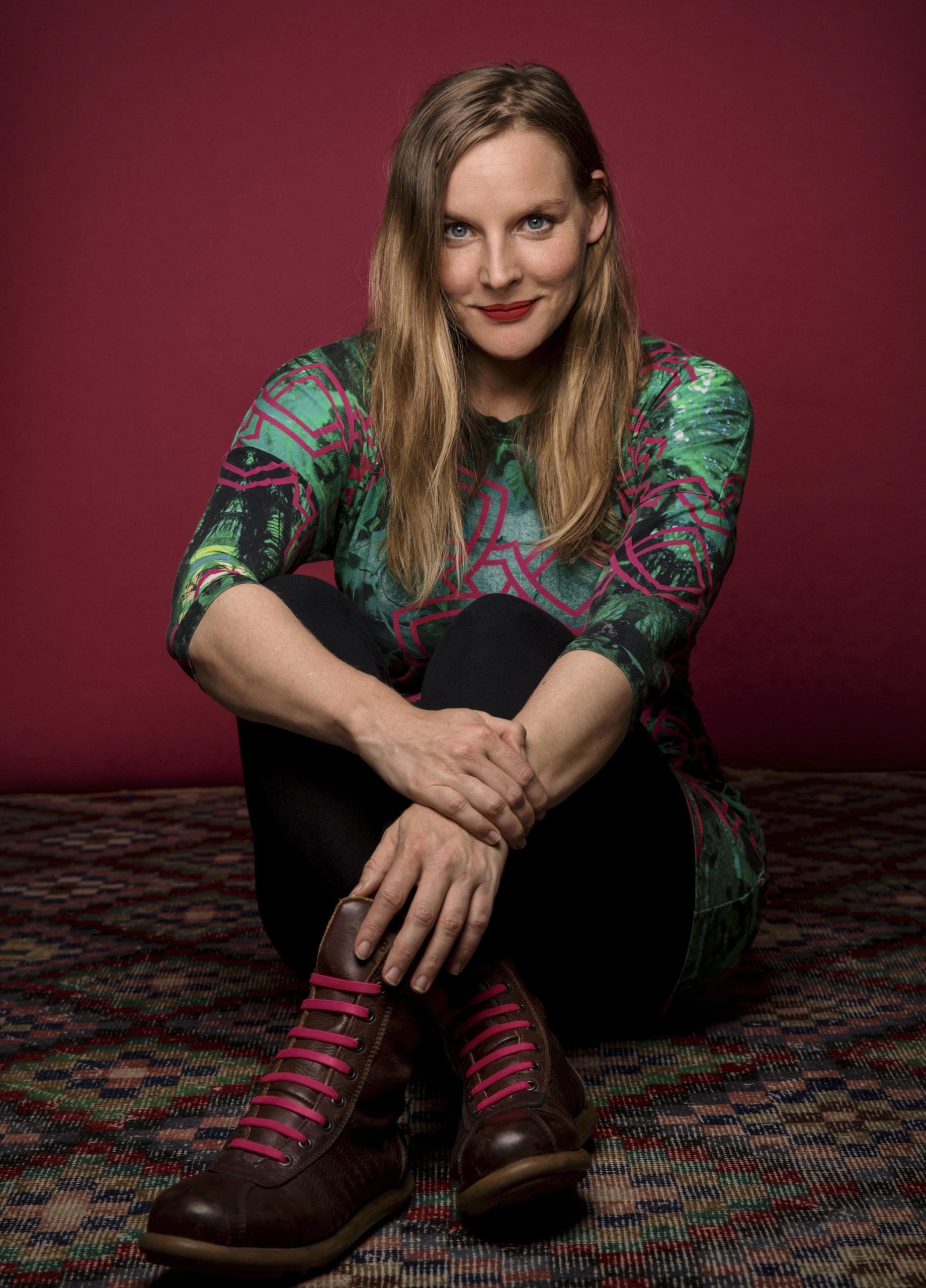
Judith Holofernes is best known as the lead singer of the German pop rock band Wir Sind Helden, but in recent years she has primarily concentrated on her solo career. The multiple Echo and EinsLive Krone award winner is famous for her poetic and virtuoso lyrics and is thus among Germany’s most successful artists. With her second solo album release last month, Discover Germany spoke to her about life without the band, her new project and much more.
Everyone probably remembers Wir Sind Helden’s Denkmal or Nur ein Wort – songs that half of Germany had stuck in their heads in the early 2000s. Everyone most likely remembers Judith Holofernes – Wir Sind Helden’s bubbly, outspoken lead singer. It was a shock for many fans that the band decided to go on an indefinite hiatus on 4 April 2012. The primary reasons for this were the distance between the band members’ home cities, their individual family lives, the “signs of wear and tear” and the feeling of an increasingly impossible undertaking. However, it seems that Judith Holofernes was not able to stop making music for long.
‘Music simply ousted everything else’
“It was really hard [to quit Wir Sind Helden] but now I’m really happy that I went solo even though that wasn’t planned at all. I imagined a much more contemplative and tranquil life for myself but the music simply spread its elbows and ousted everything else,” Judith laughs and adds: “But as a solo artist, I am able to work less and in a more self-determined way – this suits having a family way better.” Her family includes her husband and former band colleague Pola Roy, as well as their two children. Together, they currently live in Berlin’s Kreuzberg – the place where Judith also grew up. She smiles: “I love Kreuzberg! I was born here but moved to Freiburg in the Breisgau at the age of six. That wasn’t easy for me at the start but, in the end, I fought against going back to Berlin for a long time. When I reluctantly did so in my early twenties, it was a kind of homecoming though.”
Looking back at Judith’s past and childhood, it seems no wonder that she decided to become a musician. For example, at the young age of 14, she started to busk in the streets of Freiburg. She explains: “As a child, I always answered ‘I will become nothing’ when someone asked me about career aspirations – maybe because I knew that it isn’t directly about this. However, from the age of 14, I was entirely sure that I wanted to be a singer and songwriter. I saw the Ramones on TV and from that point on, there was no turning back.”
Going solo
After the successful run with Wir Sind Helden, it was time for Judith’s first solo album Ein leichtes Schwert (A light sword) in 2014. Last month, her second, long-awaited album with the title Ich bin das Chaos (I am the chaos) came out. Judith says: “I perceive this album as gloomy-colourful, somehow bright, joyful, but also very melancholic in parts. It is primarily about joy and suffering and our touching failed attempts in both directions.”
When listening to Ich bin das Chaos, influences from Breeders, Cramps, Nick Cave, the early Bowie, Marvin Gaye or Cyndi Lauper become obvious. Great melody curves, fascinating choirs, strings and wind players with synthetic flutes, as well as absurd, groovy lyrics – the album is something in between very entertaining and very sad.
Judith explains: “I think my sound is somehow related to the sound of Wir Sind Helden – most likely to the first and last Helden-record… maybe my solo sound is a bit more organic, with less synth and a bit further away from pop?” The idea of chaos and our dealings with it is a clear thread throughout all of the new album’s 11 songs. Judith explains: “I almost see the album as a small musical in which all protagonists in the songs inhabit the same world and quarrel with it in different ways. All are somehow in love with the chaos but also fear it. I liked this tension.“
The surprising collaboration with the Faroese songwriter Teitur formed the album’s distinctive sound and Pola Roy, Holfernes’ husband produced the album. Judith says: “Working with Pola and Teitur was really free, fun and playful. The hardest part is always the last few weeks when everything is almost done and only the song order needs to be determined and the songs need to be mixed. But that’s the part where I almost turn crazy every time. I think, in the end, I listened to the entire album around 40 times.” When asked about her personal favourite song, she smiles: “Well, I have favourite moments. The crazy synth-flute solos in Charlotte Atlas or the hippie-clarinet in the outro of Oder an die Freude. Oh, and of course the ‘Heyheys’ in Ich bin das Chaos.”
On tour
Holofernes-fans can look forward to 2017 as Judith is on tour in spring, alongside six band members, including Teitur. “We started right after the album release as I prefer to play concerts than going on a big interview series. In the summer, there will also be some festivals lined up and then… we will see! Maybe I’ll also play some concerts all by myself. The readings that I did for my published book of poems were so much fun that I have had this idea in my head ever since to go on some shows by myself,” Judith notes.
After having achieved so much already, we wanted to know what other dreams and wishes Judith might have for the future. She laughs: “Many! I want to meet more great artists and write with them. Some of the English songs that Teitur and me wrote might go on tour with other artists – that’s also really exciting. Furthermore, I was always quite sad that I wasn’t able to travel to great countries with the Goethe Institute due to the births of my children. All my friends did it and I was always quite down that I couldn’t. Slowly, I should be able to do this now. I would love to go to Southeast Asia or South America or South Europe. Preferably in winter.”
TEXT: NANE STEINHOFF I PHOTO: MARCO SENSCHE
Subscribe to Our Newsletter
Receive our monthly newsletter by email

